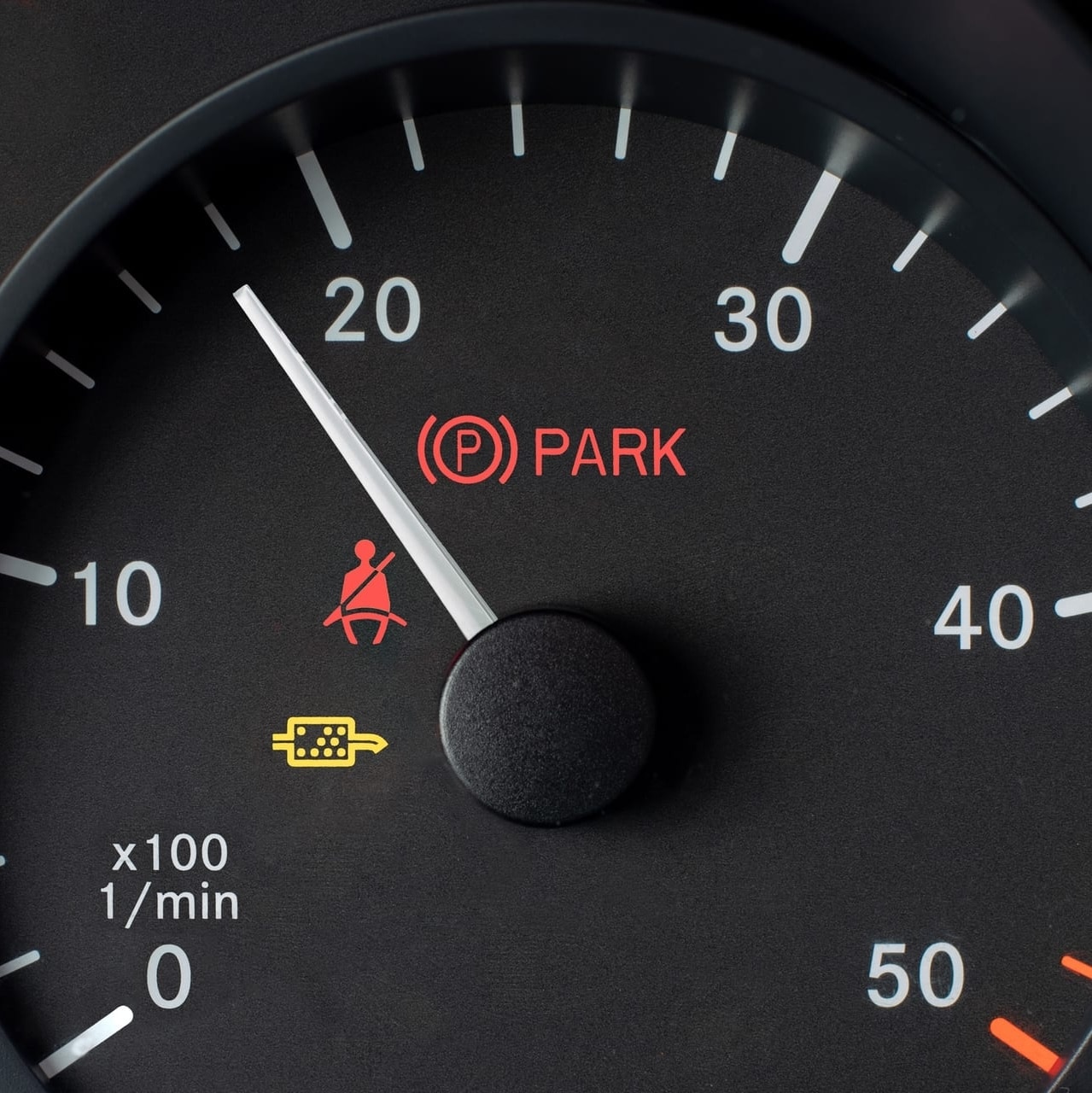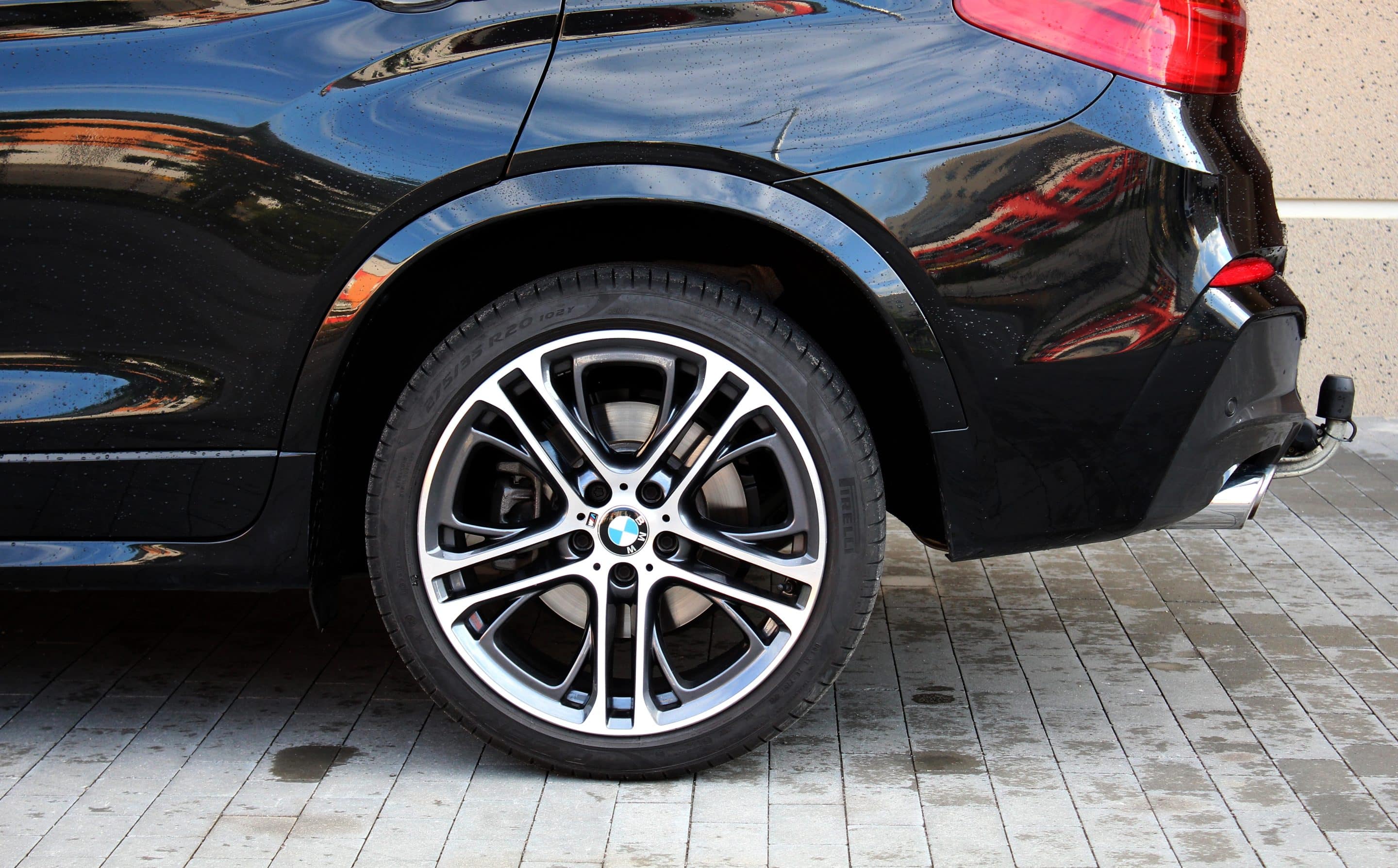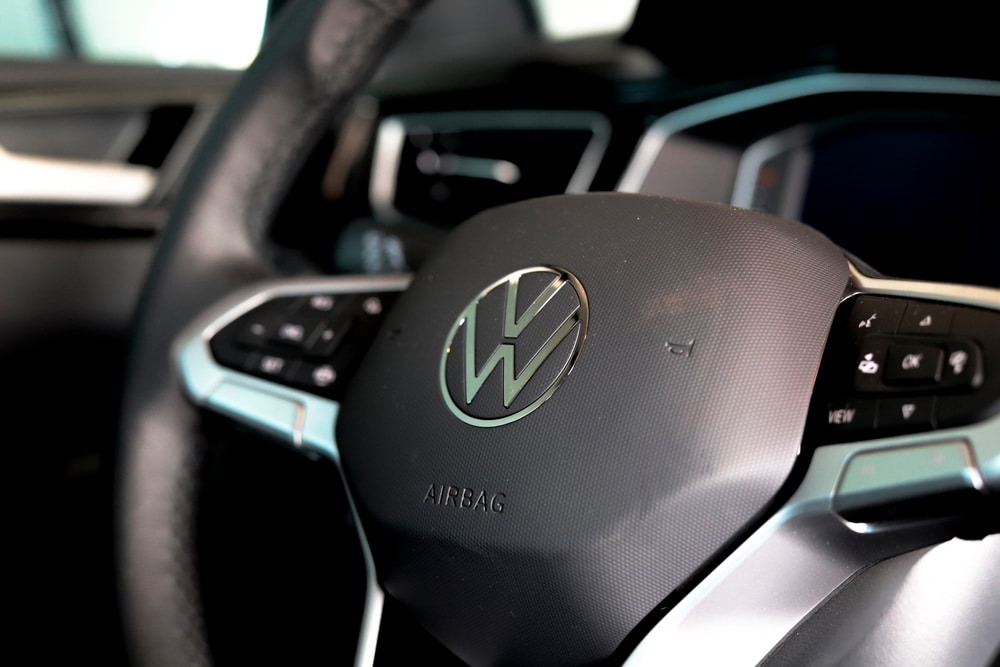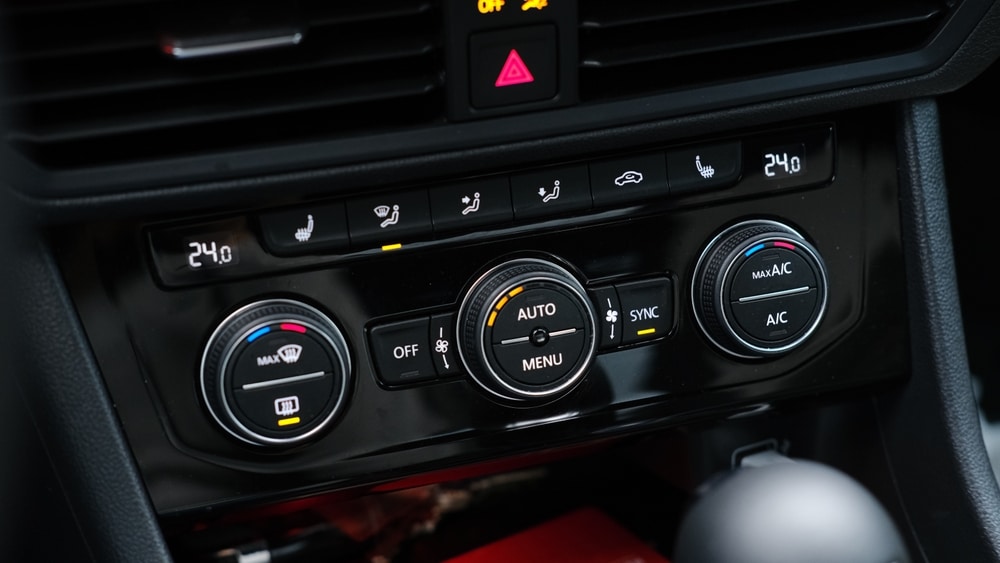Diesel Particulate Filters
Diesel Particulate Filters (DPFs) are essential components of modern diesel engines. They filter the vehicle’s harmful emissions, helping to reduce pollution.
During combustion, diesel engines emit harmful particles, which are captured and stored in these Diesel Particulate Filters to prevent them from entering our environment. All diesel vehicles manufactured after 2009 are all legally required to have a DPF fitted. Without one, a vehicle no longer meets emission standards. DPFs are susceptible to failure if not properly maintained and this will need immediate action to keep the vehicle road legal.
In this blog, we’ll discuss how DPFs work, how to prevent problems from happening with them, and the most common reasons for DPF failures.
You will gain valuable insights from us regarding the importance of regular DPF maintenance and cleaning in order to keep your DPF running smoothly. Whether you’re a diesel engine owner or just looking to extend your knowledge about Diesel Particulate Filters, this blog is packed with interesting information that you won’t want to miss!
So, with that said, let’s get into it…
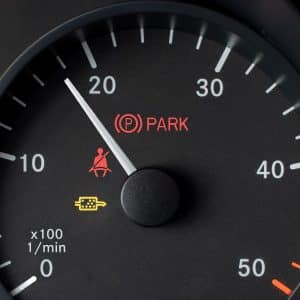
What are Diesel Particulate Filters & How Do They Work?
Diesel Particulate Filters (DPFs) capture and store particulate matter (soot) emitted from diesel engines during combustion. Due to the diesel engines’ contribution to air pollution, DPFs are an essential part of modern diesel engines.
DPFs are typically made of ceramic materials with thousands of tiny holes that trap soot particles. Because soot particles are trapped in the DPF, periodic cleaning is required to prevent clogging. This de-clogging process is called ‘regeneration’.
In a DPF, the accumulated soot particles are typically burned off using one of two methods:
Passive Regeneration: This occurs when the exhaust gases of the engine are hot enough to burn off the soot particles on their own. Typically, it occurs on motorways and dual carriageways when the engine is under higher loads, causing the exhaust gases to become hotter and cause passive regeneration.
Active Regeneration: Occasionally, the engine’s operating conditions prevent passive regeneration. By injecting extra fuel into the engine, the engine control unit (ECU) initiates an active regeneration process, which raises the exhaust gas temperature and burns off the soot particles in the DPF. You may see a warning light on the dashboard during the process, which can take up to 30 minutes.
Regeneration is crucial for maintaining the efficiency of the Diesel Particulate Filter and preventing harmful pollutants from entering the environment.
Diesel Particulate Filters: Why Are They Necessary?
The Diesel Particulate Filter (DPF) is needed to comply with exhaust emission regulations such as Euro 5, which has been in force for more than a decade. These regulations require diesel engines to use DPFs in order to reduce harmful fumes, such as CO2.
A vehicle without a functioning DPF is illegal if it doesn’t meet emissions standards. Since February 2014, DPF checks have been mandatory for MOT testing, so vehicle owners cannot avoid them. Failure to comply with emissions standards can result in fines and penalties.
What Causes Diesel Particulate Filters to Fail?
In the event of a Diesel Particulate Filter (DPF) failure, engine performance can be reduced, and engine damage can occur. The following factors are commonly responsible for DPF failures:
- Overheating: When DPFs overheat, they may melt or crack, reducing their efficiency or causing them to fail.
- Clogging: Soot particles accumulated during regeneration may not be burned off properly, which causes DPFs to clog. As a result, the DPF can become clogged, reducing engine performance and restricting exhaust flow.
- Neglecting Maintenance: Failure to maintain the DPF, such as skipping scheduled cleanings, causes it to become clogged, reducing its efficiency.
- Fuel Contamination: If the fuel is contaminated with sulphur or water, the ceramic filter in the DPF can be damaged, resulting in its inefficiency or failure.
- Faulty sensors: In the event of faulty sensors, the engine may operate outside the DPF’s optimum operating range. Consequently, the filter may become clogged or damaged.
To prevent DPF failure, the DPF must be maintained as recommended by the manufacturer, the correct fuel must be used and excessive idling must be avoided. You can also prevent DPF failure by monitoring the engine’s performance regularly and taking action if any issues arise.
How Can I Tell if My Vehicle Has a Diesel Particulate Filter (DPF) Problem?
There are several signs that your Diesel Particulate Filter (DPF) may be malfunctioning. The following are common signs:
- Strange Noises: In the case of a clogged DPF, exhaust pressure can increase, causing unusual sounds like rattling and banging.
- Reduced Performance: Engine performance can be reduced by a clogged or failing DPF, resulting in reduced acceleration or power.
- Strong Exhaust Smells: In the event of a DPF failure, unburned soot and particulates can accumulate, causing a strong exhaust smell.
- Warning Light: The dashboard usually displays a warning light when the DPF is malfunctioning. Most often, a symbol resembling a down arrow or the word “DPF” is displayed.
- Increased Fuel Consumption: Fuel efficiency is reduced if the DPF malfunctions, causing the engine to consume more fuel than usual.
Our experts at JDK Automotive recommend having your vehicle inspected as soon as you notice any of these signs. The consequences of leaving a DPF problem unaddressed can be very costly, so it’s best to act sooner rather than later.
Follow These Tips to Prevent Diesel Particulate Filter (DPF) Issues.
- Maintain Your Vehicle: You can prevent engine problems that may lead to DPF failure by regularly servicing your vehicle, including changing the oil and air filters.
- Avoid Idling: It is advisable to avoid driving short distances or idling for prolonged periods of time, as these driving habits can cause the DPF to clog.
- Go on a Longer Motorway Trip: Going on an extended drive on the motorway at faster speeds can help prevent DPF clogging. By increasing the exhaust temperature, soot particles build up and get burned off during the regeneration process.
- Use the Correct Type of Oil: DPF issues can be avoided by using the correct oil. To reduce soot buildup in DPFs, low-ash or ashless oils are recommended since they produce fewer particles when burned.
- Use High-Quality Fuel: Fuel quality plays a role in preventing DPF problems. When fuel is contaminated or of low quality, it can damage the DPF and reduce engine performance.
In Summary
All modern diesel engines are legally required to have a fully functioning DPF fitted in order to meet emission standards. Poorly performing DPFs will not only mean a failed MOT but damaged or clogged DPFs can cause faults in the engine and reduce a vehicle’s performance.
In order to avoid DPF issues, be sure to maintain your vehicle properly, ensure you use high-quality fuel and oil, occasionally take longer motorway journeys and avoid extended idling. In addition to monitoring the vehicle’s performance, you should address any issues as soon as they arise to avoid DPF failure.
Following these tips will ensure that your DPF functions properly and will reduce harmful emissions from your vehicle.
At JDK Automotive, we provide precise DPF diagnoses to help you avoid costly repairs. We offer high-quality workmanship and great value for money. You can rely on our team at JDK Automotive to assist you whenever you have a DPF issue. Call today to book an appointment.
